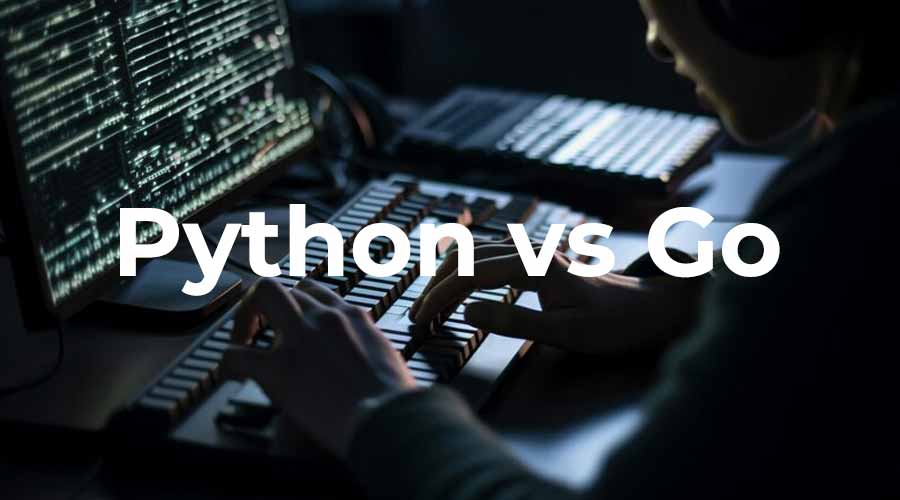 Which one to choose for blockchain development; GO or PYTHON?
Which one to choose for blockchain development; GO or PYTHON?
Blockchain programming languages are essential to organizations and sectors because they allow them to fully use the potential of blockchain technology. At the moment, digital voting, financial markets, supply chain management, gaming, decentralized finance, and medical records all use it.
Businesses and private individuals alike are eager to adopt blockchain technology to improve communication, security, and transparency. Because there are so many possible uses for this advanced technology, there is a growing need for people with knowledge and expertise in blockchain programming languages.
What are the most popular and extensively utilized languages in the blockchain industry? These are the figures from the Hard Fork research firm, which unequivocally demonstrate Solidity’s dominance in this sector. Given that Ethereum continues to rule the blockchain industry and that Solidity is the primary tool for developing Ethereum-based applications, the current state of affairs makes sense. Python and Go are two more members of the top-5 list, followed by JavaScript and Java.
Although to a far lesser extent, other languages are also utilized in blockchain development. The blockchain app development process also makes use of PHP, C++, C#, RIDE, and Quorum.
PYTHON:
Along with a few other languages , Python is regarded as the finest programming language for blockchain technology by the TIOBE Index and PYPL Index. Everyone may benefit from a variety of tools, libraries, and frameworks because to its open-source support, which cuts down on development time. Python is a popular starting point for anyone interested in blockchain development since it is quite simple to learn. Because of its universality, it may be used for machine learning, desktop applications, network servers, and—most importantly—blockchain.
Python is a popular choice among blockchain developers working on a variety of projects, from gaming to financial software development, because of the following benefits:
- Fit for scripting and basic methodologies
- Speed
- Possibility of scaling the trickiest applications
- reduces debug time because of integrated testing capabilities
- appropriate for smart contracts and blockchain technology
- large community with easy access to assistance
Python is utilized in Ethereum, Neo, and Hyperledger smart contracts. Its ease of use and effectiveness will probably lead to further applications for Python in the near future.
GO(GOLANG):
Google produces the open-source programming language Go. “Rob Pike, Co-Designer of Go,” claims that the language was created in response to some of the issues that Google’s internal software infrastructure development team was facing. Like Python, it is simple and dynamic.
Go is time-saving since it is easy to use and has few idiosyncrasies. In addition, there aren’t many new things to learn and only a few variations on the norm.Because Go is compiled, it has less overhead from “on-the-fly” errors than interpreted languages like Python. It’s similar to C in that code compiles first, an error message appears, and the user must fix it before any code can execute.
Numerous software applications and utilities have been developed with Go. Golang is utilized in the construction of Docker, the microservices container. Compared to PHP, microservices constructed with Go scale to millions of requests with ease. The performance is increased by Go’s ability to run many applications either in parallel or asynchronously. Goroutines are used to accomplish concurrency, whereas threads are utilized in Java.
Parallel activities are quite important in blockchain, and this functionality is very helpful in certain situations. Furthermore, Go’s parallelism makes it possible for it to be used on distributed systems, which is a prerequisite for blockchain technology.




